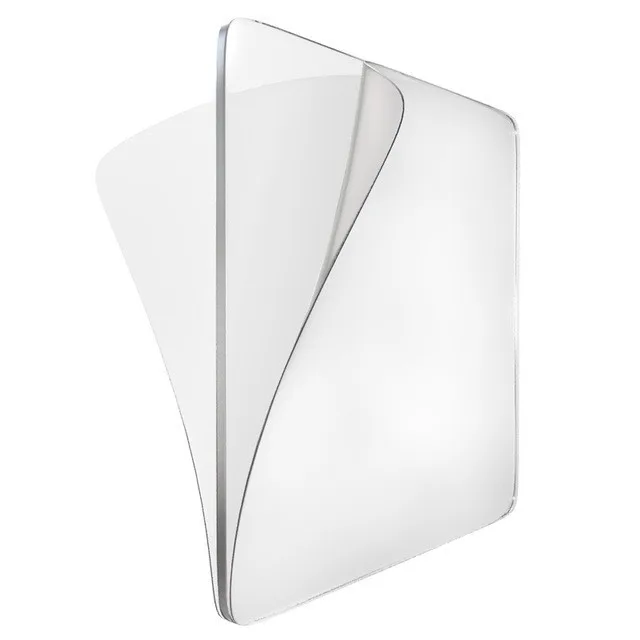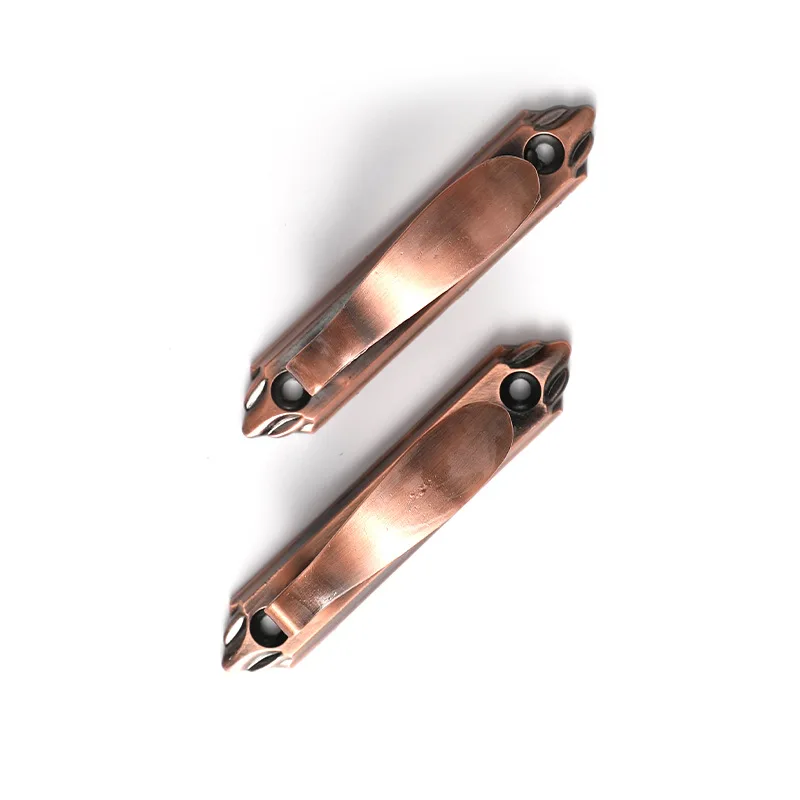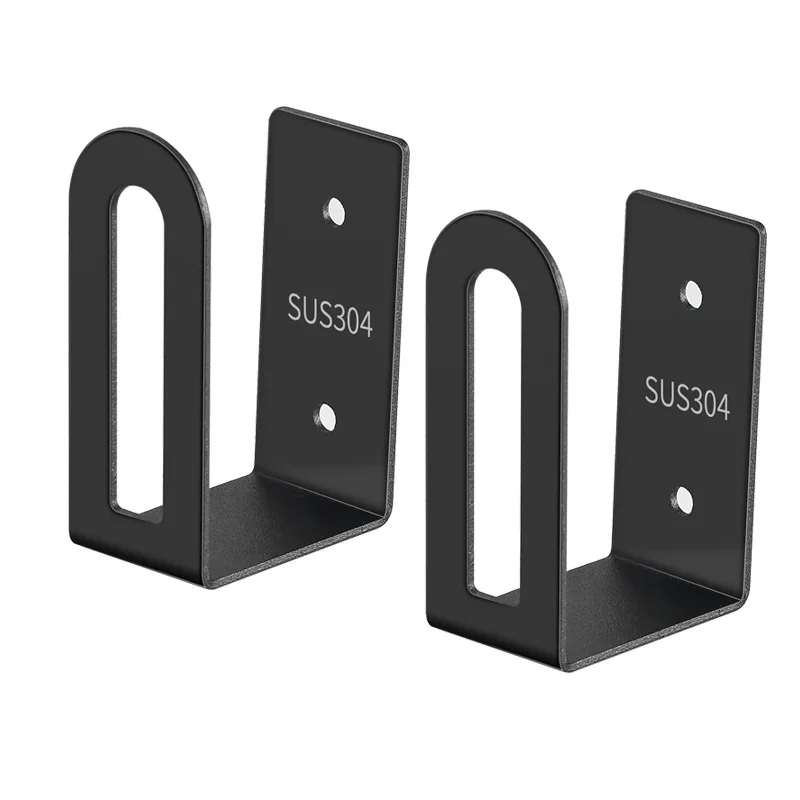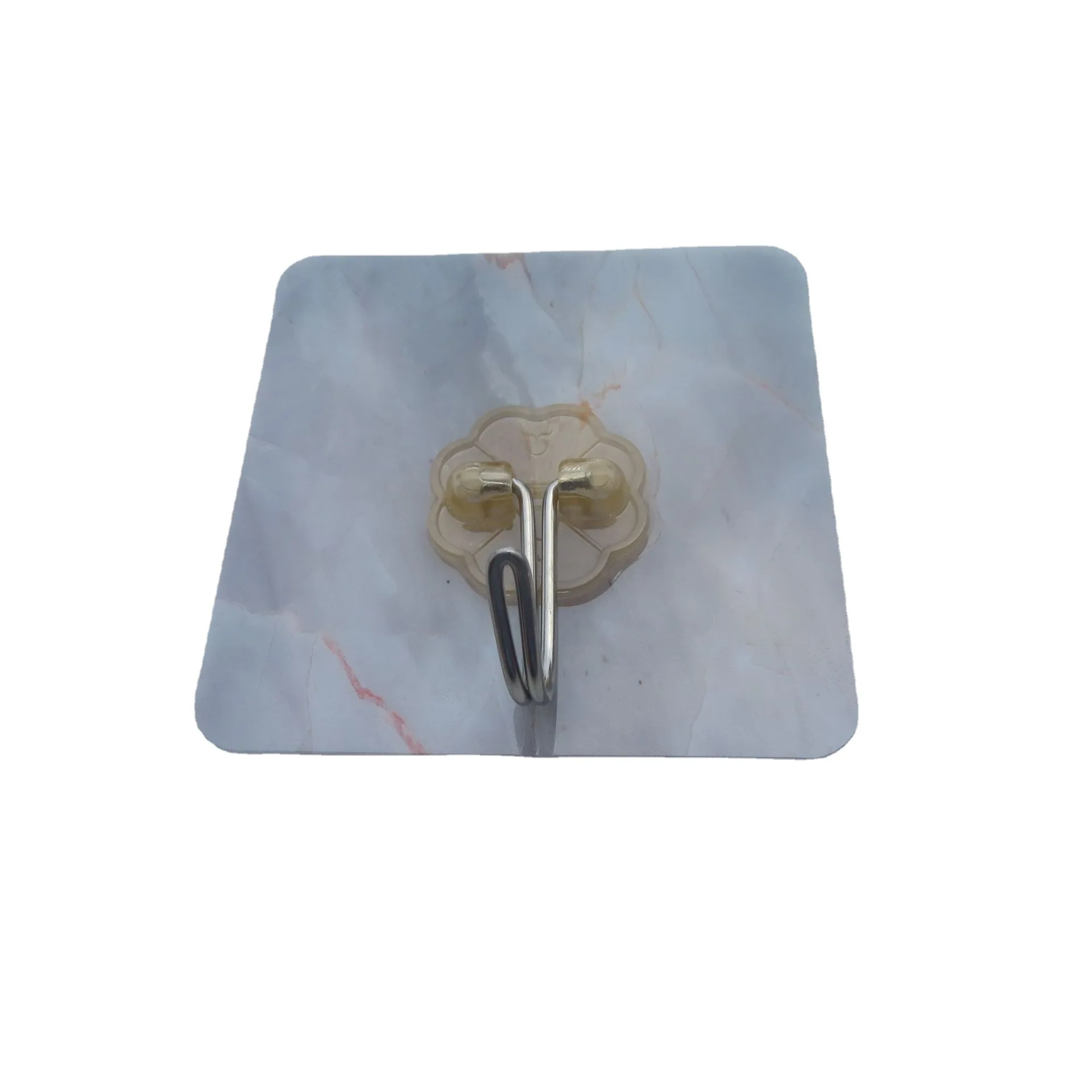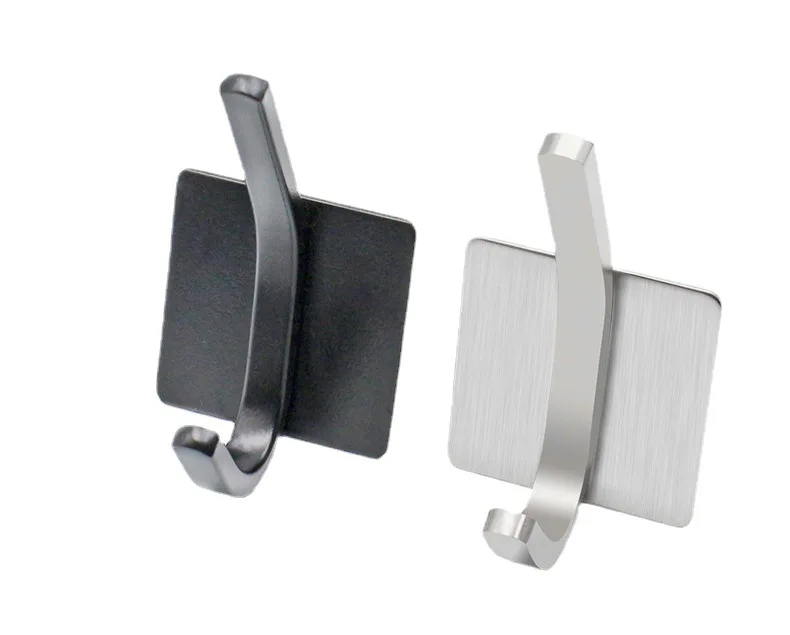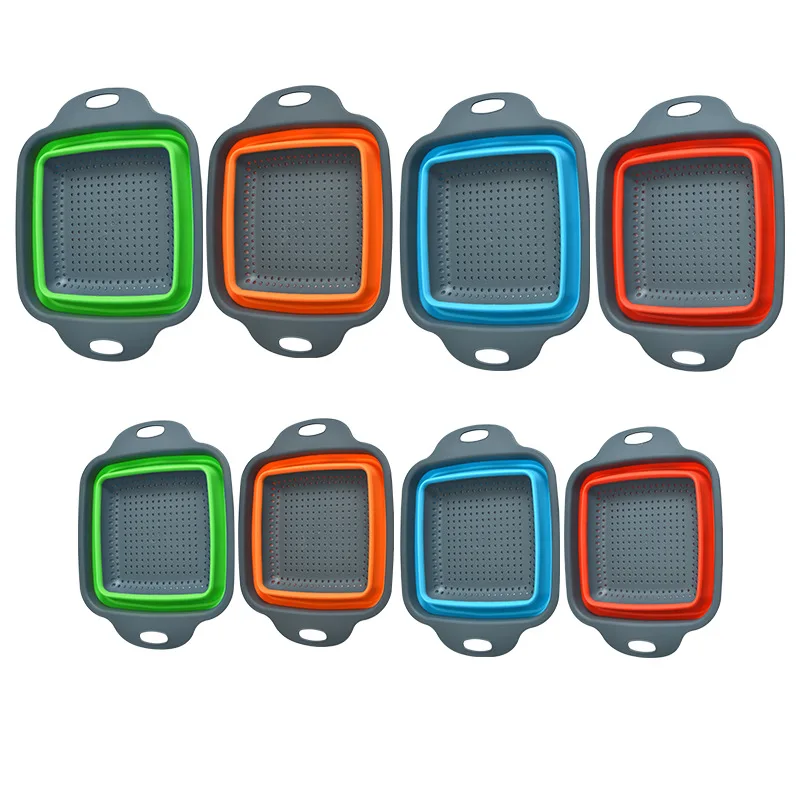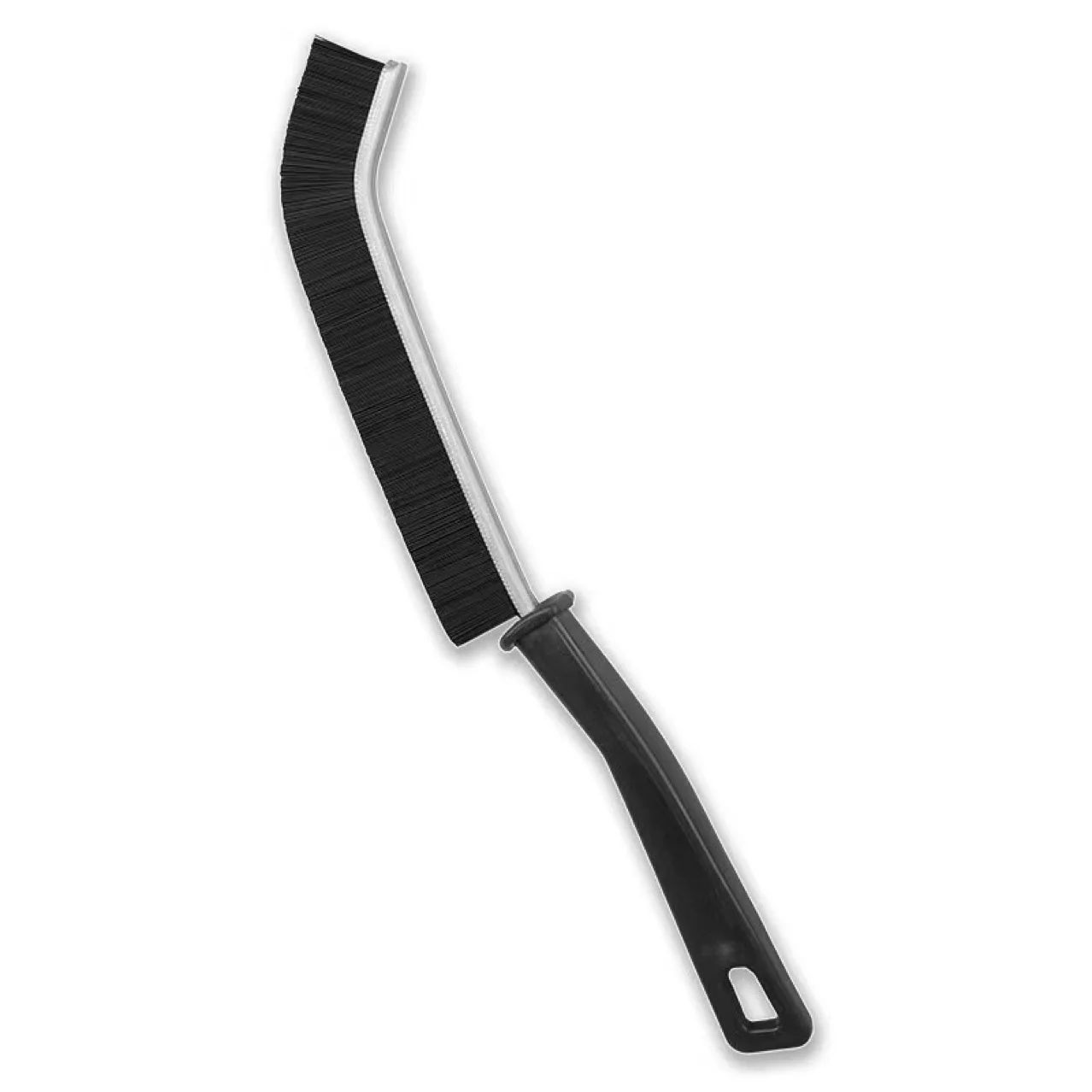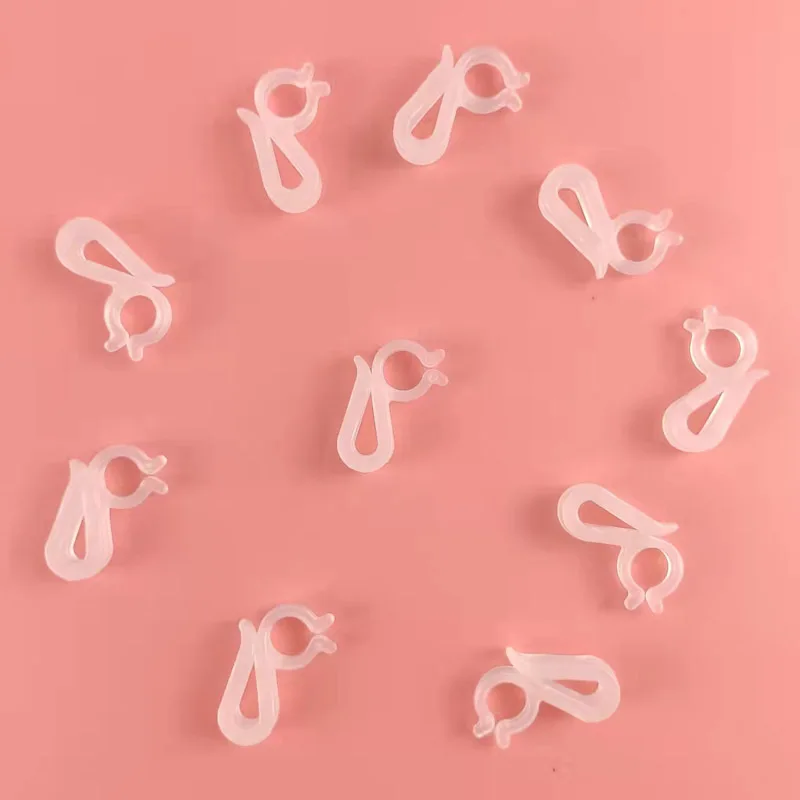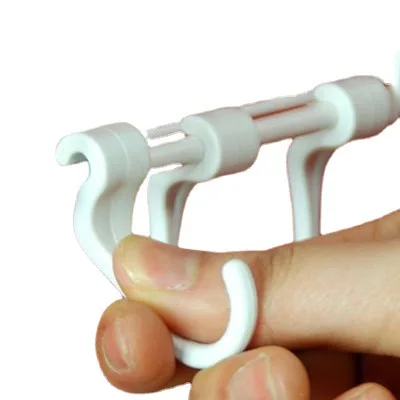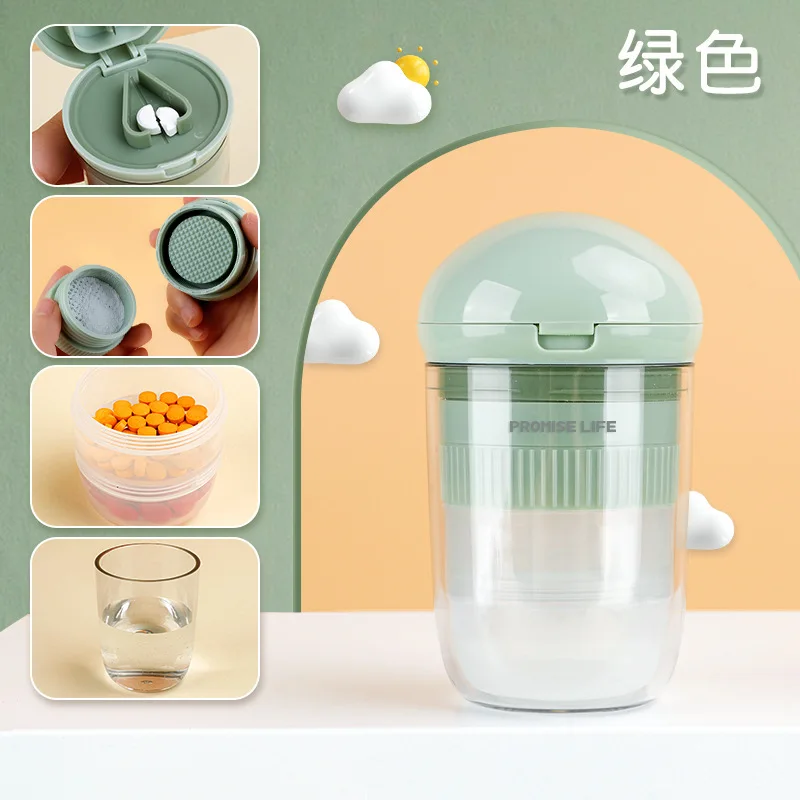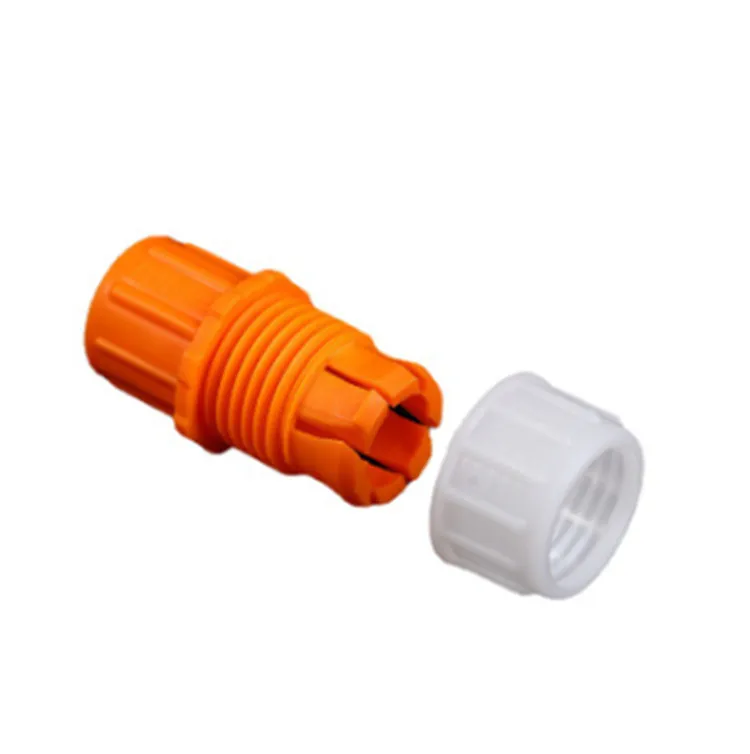PVC material introduction
Polyvinyl chloride (PVC) is the third most produced synthetic polymer plastic in the world (after polyethylene and polypropylene), producing approximately 40 million tons of PVC per year. PVC is a polymer of vinyl chloride monomer (VCM) polymerized in peroxide, azo compound and other initiators or under the action of light and heat according to free radical polymerization reaction mechanism. Vinyl chloride homopolymer and vinyl chloride copolymer are called vinyl chloride resin. PVC was once the world's largest production of general purpose plastic, the application is very wide. PVC has two types: hard (sometimes abbreviated as RPVC) and soft. Rigid polyvinyl chloride is used for construction pipes, doors and Windows. It is also used to make plastic bottles, packaging, bank cards or membership cards. Adding plasticizers can make PVC softer and more flexible. It can be used for plumbing, cable insulation, flooring, signage, phonograph records, inflatable products and rubber substitutes.
| Chinese Name | 聚氯乙烯 |
| English Name | Polyvinyl Chloride |
| Color | Light Yellow |
| Property | Translucent And Shiny |
| Structure | -(CH2-CHCl)n- |
| Abbreviate | PVC |
| Chemical Formula | (C2H3Cl)n |
| CAS Accession Number | 9002-86-2 |
| Density | 1.38 g/cm³ |
| Melting Point | 212 ℃ |
| Softening Temperature | 85℃ |
| Glass Transition Temperature | 87℃ |
| Young's Modulus Of Elasticity | 2900-3400 MPa |

 EN
EN
 AR
AR
 BG
BG
 HR
HR
 CS
CS
 DA
DA
 NL
NL
 FI
FI
 FR
FR
 DE
DE
 EL
EL
 HI
HI
 IT
IT
 JA
JA
 KO
KO
 NO
NO
 PL
PL
 PT
PT
 RO
RO
 RU
RU
 ES
ES
 SV
SV
 TL
TL
 ID
ID
 LV
LV
 LT
LT
 SR
SR
 SK
SK
 SL
SL
 UK
UK
 VI
VI
 HU
HU
 TH
TH
 TR
TR
 FA
FA
 AF
AF
 GA
GA
 IS
IS
 AZ
AZ

